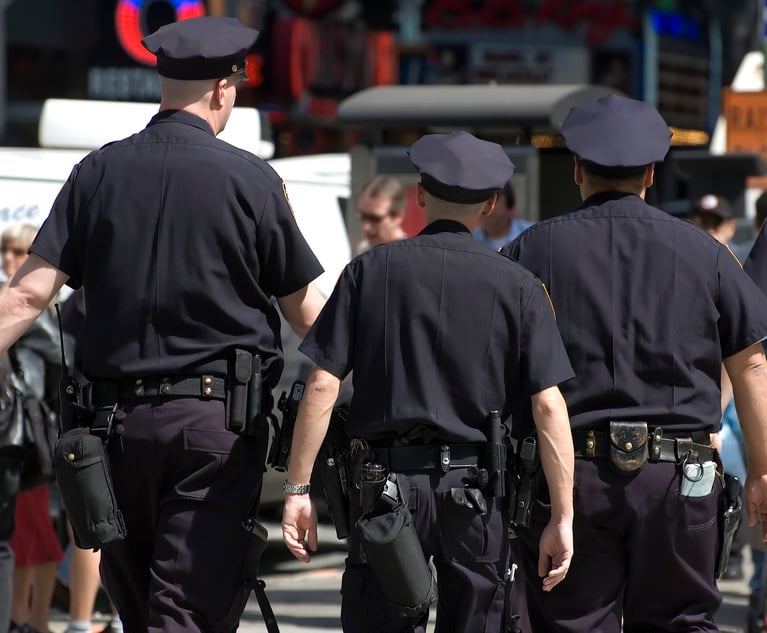U.S. law permits a party to an actual or contemplated overseas legal proceeding to pursue discovery in the United States to support its cause. See 28 U.S.C. §1782(a). Typically used to obtain documents and testimony in civil matters, §1782 also may be used to obtain discovery in criminal investigations and prosecutions. Recently, the Second Circuit confronted an issue of first impression: May a sovereign state avail itself of §1782 discovery if it is a party to a Mutual Legal Assistance Treaty (an MLAT) with the United States? In Federal Republic of Nigeria v. VR Advisory Services, Ltd., 27 F.4th 136 (2d Cir. 2022) (VRASL), the court held that the Nigeria-U.S. MLAT is not a barrier to §1782 discovery. Accordingly, the court vacated a district court order dismissing Nigeria’s §1782 application and remanded for further proceedings. The ruling, though narrow because it applies to a sovereign state’s use of §1782, is consistent with the Second Circuit’s approach to §1782, and underscores that discovery device’s usefulness.
Section 1782
To obtain discovery under §1782, an applicant must satisfy three statutory requirements. The application must be made at the request of a “foreign or international tribunal” or “any interested person.” Id. The discovery must be “for use in a proceeding in a foreign or international tribunal,” whether that proceeding is pending or “within reasonable contemplation.” Id.; Intel Corp. v. Advanced Micro Devices, 542 U.S. 241, 259 (2004). And the discovery target must reside or be found in the federal judicial district in which the application is made. See 28 U.S.C. §1782(a).


 Credit: BillionPhotos.com/Adobe Stock
Credit: BillionPhotos.com/Adobe Stock




